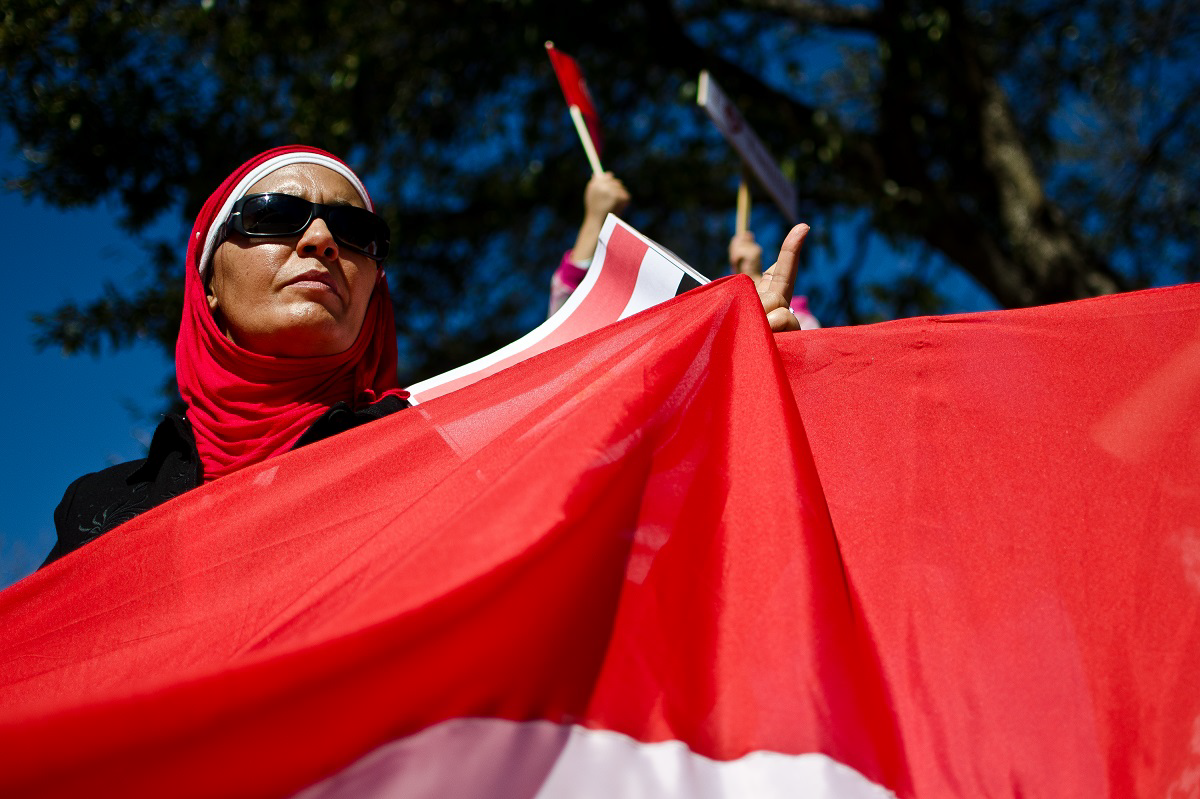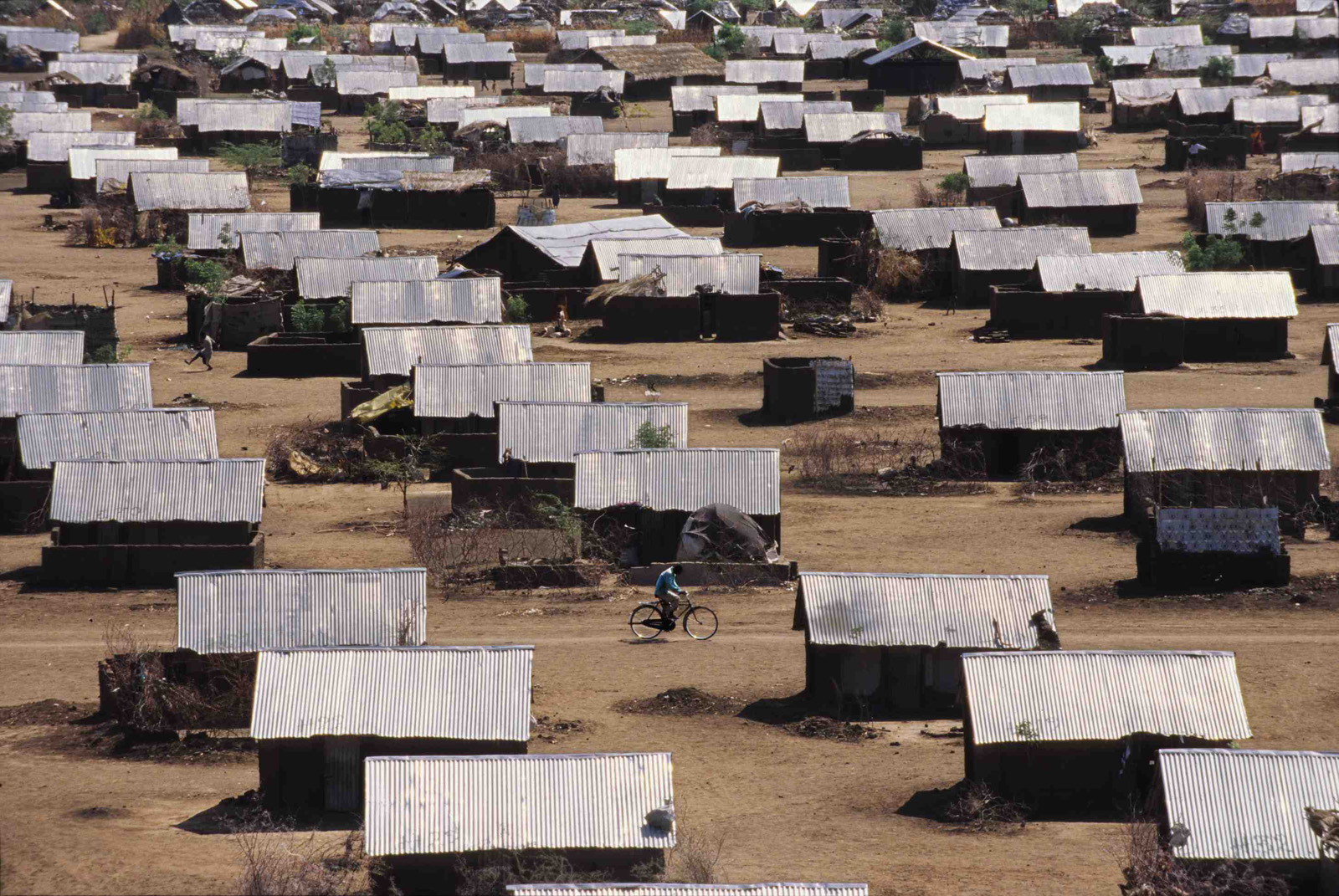POLITHEOR
European Policy Network
civil society
- Home
- civil society

Women in Tunisia: A democratic façade or a civil society’s struggle?0
In the last couple of years, women’s rights have improved in the Middle East and North African Region, especially in terms of freedom and participation. After the Arab Spring, the representation of women in Parliamentary Assemblies has increased in almost all countries of the region. In Tunisia, women have played a major role in the uprisings to stand for their rights, and then voted en masse in the elections of 2011 and 2014. However, the efforts put in the revolts only led to political promises, rather than reality.
READ MORE
Filling the gaps: Contribution of CSOs in the management of refugee affairs in Eastern Africa0
- Human Rights and Migration, Op-ed
- 29/01/2016
African states have performed dual roles producing refugees while offering asylum to others. However the economic status of many receiving countries is too low to support provision of adequate basic services to their own citizenry and refugees are perceived as an extra burden. Civil society organizations have therefore taken on provision of vital services to fill this gap, complementing the work of UNHCR, the body mandated to safeguard and protect the rights of refugees.
READ MORE

To welcome or not to welcome: what civil society does for refugees?0
- Human Rights and Migration, Op-ed
- 27/01/2016
The weaknesses of EU policies has been displayed in times of refugee crisis, but the strength of social movements and NGOs has been shown in addressing it. The void of political inaction is being partially filled by civil society: Houses, universities, shelters have been opened, blankets, food, money have been distributed, and especially, it has made visible the social and human consequences behind such a migration process. However, actions of civil society are to be complementary to State ones, not to substitute them.
READ MORE

